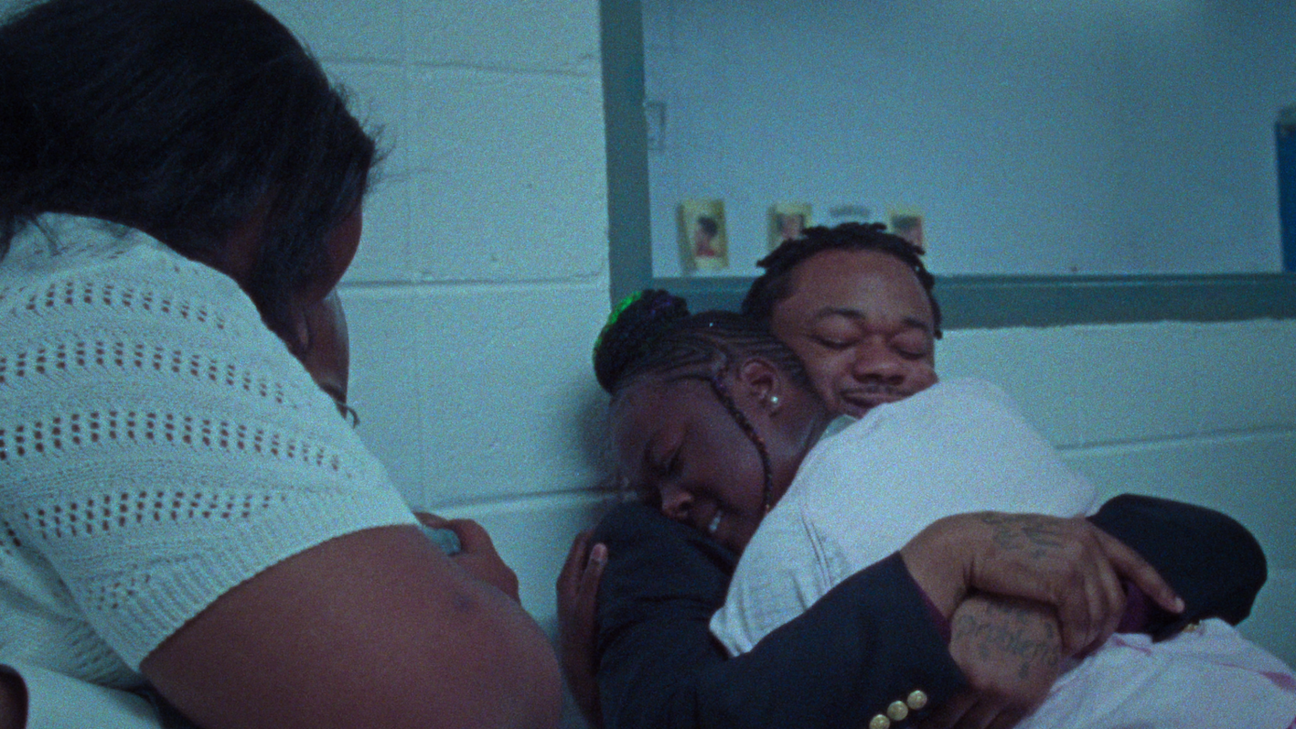
“We wanted the making of the film to mirror the future world we are trying to create with it—one where Black girls have agency, not only over their own lives and relationships, but over their subjectivity.” This is how Natalie Rae and Angela Patton introduce Daughters, the documentary they co-directed that took home a festival favorite and audience award at Sundance and is out now on Netflix.
A moving portrait of resilience and forgiveness, Daughters tells the story of four young girls in Washington, DC, as they prepare for a daddy-daughter dance with their incarcerated fathers. Rae and Patton gained intimate access to the families, who participated in the Date With Dad program conceived by Patton’s non-profit Girls for a Change. The program invites fathers, guardians, and daughters to participate in community healing circles and then dress up and attend an evening full of dancing, comedy, food, and games.
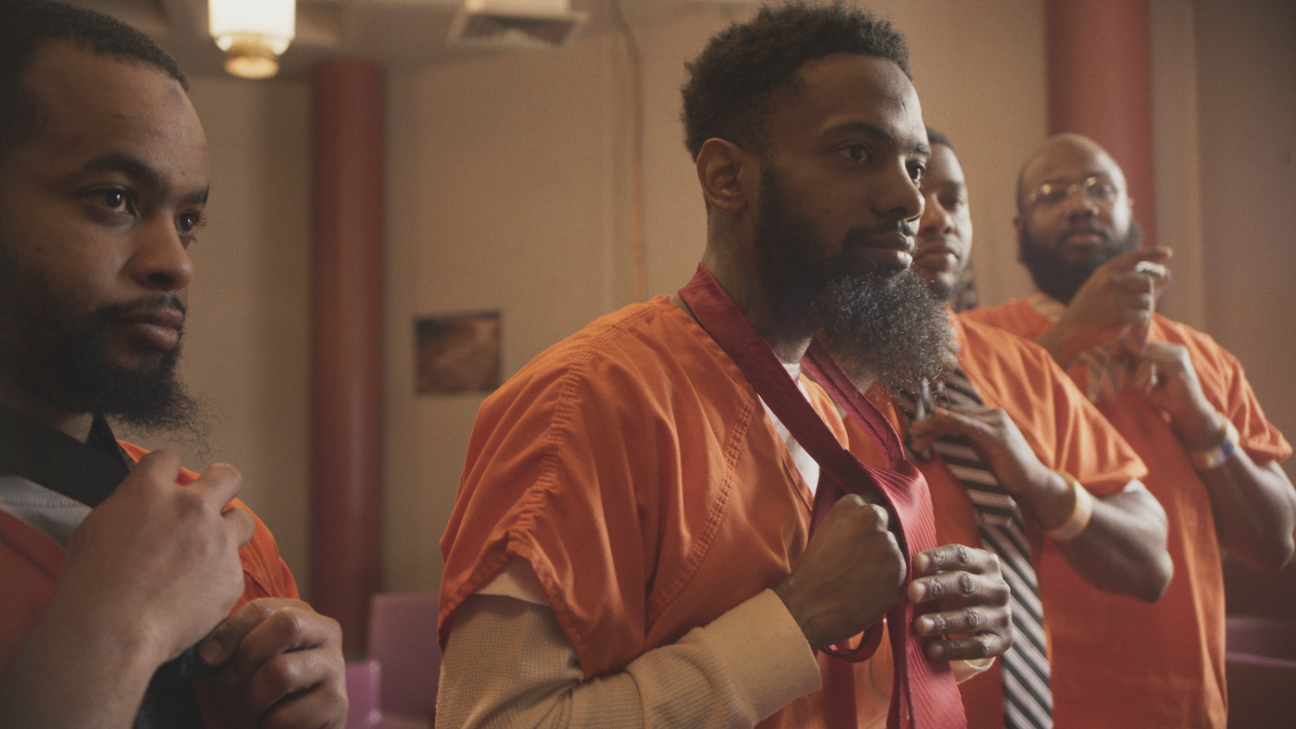
Over the film’s 108-minute run time, viewers are taken on an emotional journey through the trials and tribulations of navigating female adolescence with a father behind bars. Daughters also explores the mental and financial burden that the U.S. criminal justice system places on the families of incarcerated people. While there is tremendous pain throughout the process, the film is ultimately a story of love and healing, culminating in the cathartic daddy-daughter dance.
After spending the month of August touring the country to promote Daughters at various festivals and exclusive screenings, Rae and Patton sat down with CULTURED to reflect on their eight-year journey making the film, their most poignant moments on set, and the power of melding social advocacy with documentary filmmaking.
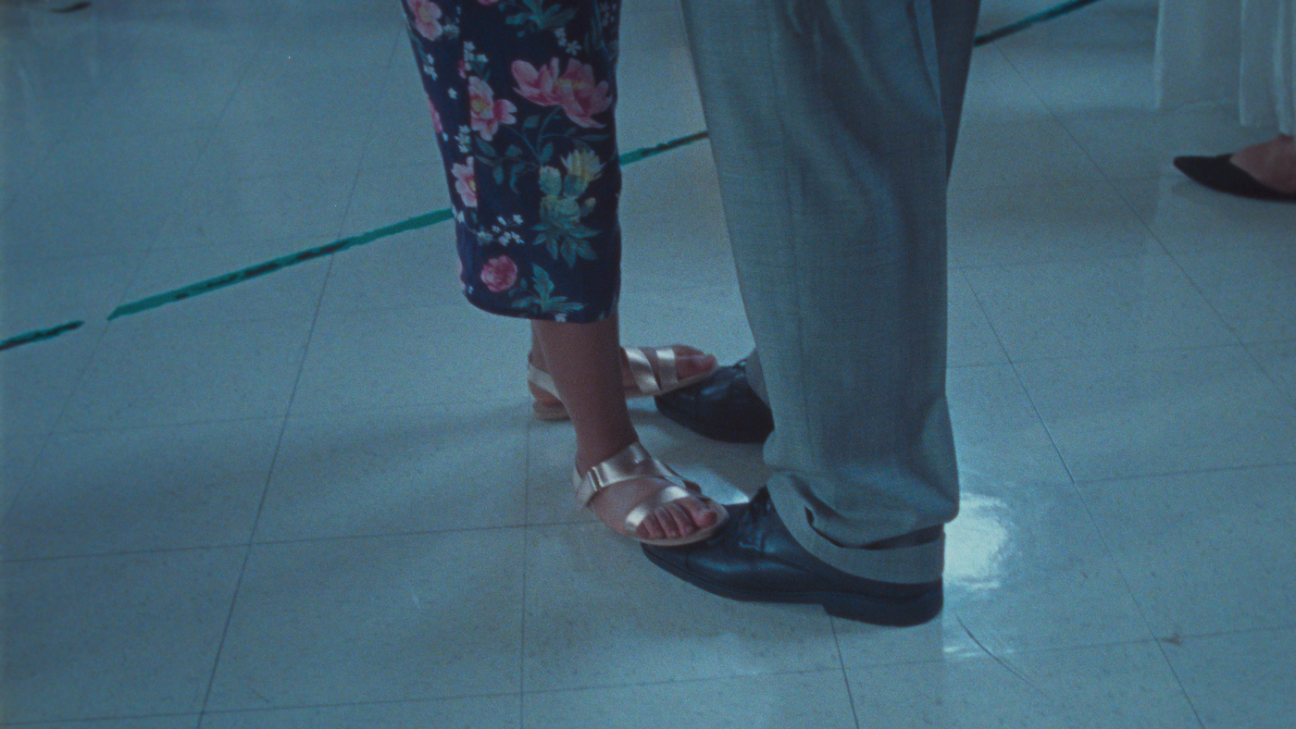
CULTURED: You've been on the road for all these screenings. How has seeing the scale of people’s reaction to the film shaped your feelings about what you’ve put together?
Natalie Rae: It's overwhelming. We’ve been really moved by the personal messages we've been receiving from women saying that they would want to tell their stories or that they've never really talked about having a father that's been incarcerated. But the film has made them want to open up and share. That's the most powerful feedback I could imagine.
CULTURED: Let’s go back to the beginning. How did the two of you come to work on this together?
Rae: One of my good friends sent me Angela's really powerful TED Talk [about organizing father-daughter dances in prison]. At that time, I was trying to figure out the next steps in my career and it brought me back to my “why.” I had been making music videos and doing a lot with dance. So, this particular film was gonna bring together many of my passions: dance and documentaries, and working with young women’s stories. So I reached out to Angela wanting to know if she had thought about turning it into a documentary.
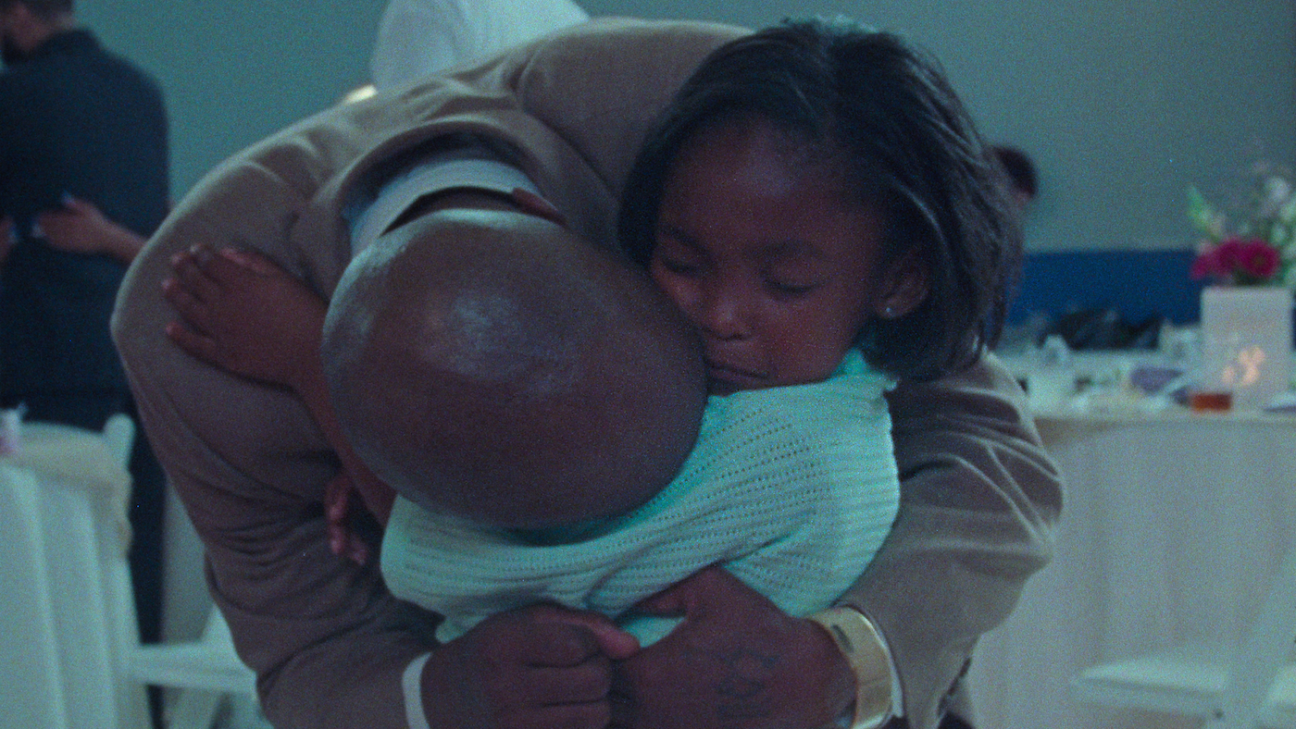
CULTURED: Angela, was that a road you imagined this taking?
Angela Patton: Absolutely not! I can't imagine even the TED Talk had people thinking that this could be a film. I was just sharing information and hoping that people would see the girls, right?
But after meeting with Natalie, [I realized] that the film was another medium to get Black girls’ voices heard… you can actually see them and take a moment to be in their lives. Sometimes when you work in leadership roles and community advocacy, it's kinda lonely, right? And you feel like you are speaking to a brick wall or you just continue to talk to the same people. So many people don't get to have the experience of listening to Black girls and seeing how their world is evolving and how they're just trying to figure it out in dark spaces and light spaces… just growing into their womanhood. And this [film] was a different way of making people aware.
I never thought that I would be on this journey. But I'm glad I had on my good walking shoes for it!
CULTURED: Were there any new challenges or unexpected elements to turning your focus in a different direction, toward a wider audience?
Patton: Just making sure people were comfortable and protected. Most of the time, the girls that I work with, they've been with me for a while through different programs. They can build trust and they're in a space where there are images of them and it smells good in the room. “I just had a snack, I signed in, my mother's gonna pick me up”—all of these things that are protecting them.
But when Natalie and I would come in and she would have a camera crew, that's a different element. And so they gotta get to know Natalie now in a space where cameras are around them, with people who don't look like them.
When Natalie asked me to do the film, I had to let go and see where this was going to take us, and those four particular families did the same thing. The challenge for me was really thinking about if they would do it or not, you know? I was kind of on eggshells. Who would stay the course? I was just amazed and forever grateful that not only the girls, but the parents, decided to trust, because I had the same experience.
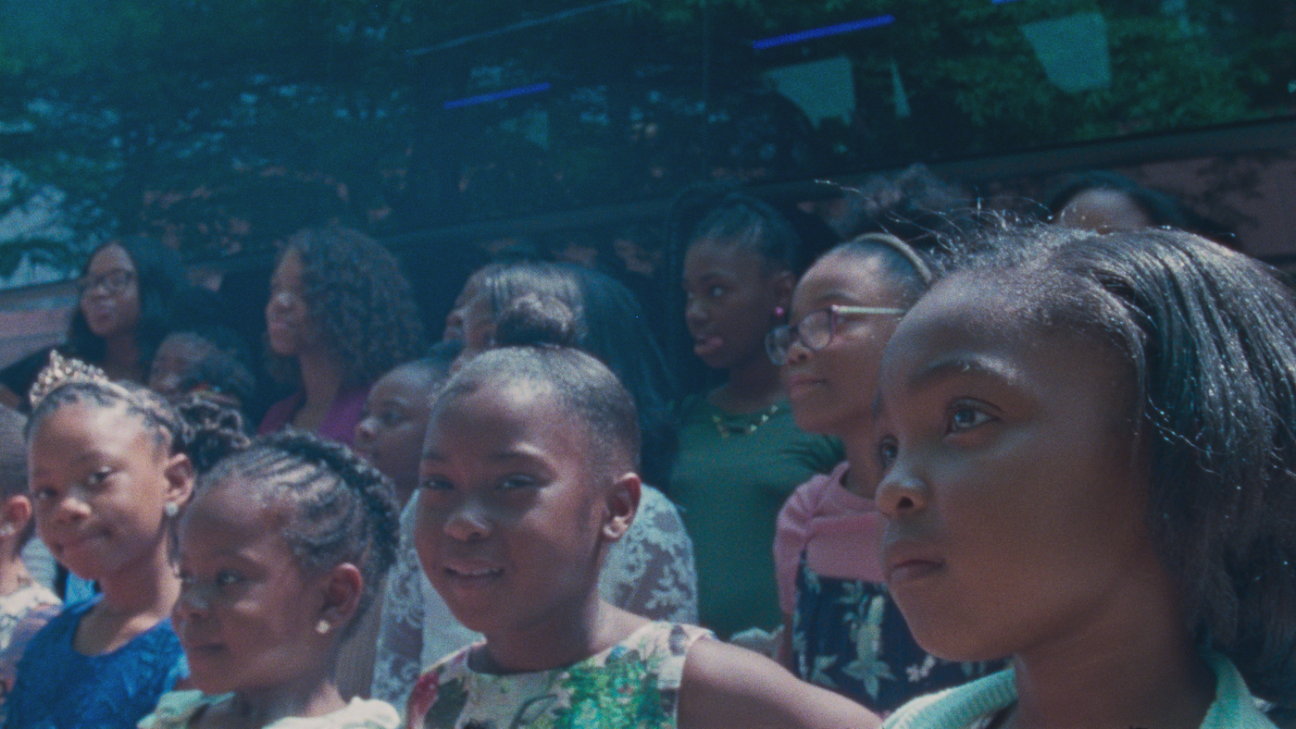
CULTURED: Are there certain interactions or moments caught on film that speak to the results of the faith that you both put in the process?
Rae: One of my first times sitting down with Santana was one of my favorite conversations. She'd gone into detail about how she was feeling about her father, and it lasted about an hour or so. At that point, it was like, “Well, thanks so much. Should we grab some food and take a break?” And she was like, “I'm not done. Keep the camera rolling, ask me more questions. I got stuff to say.”
She really took the lead on that conversation and wanted to talk for almost three hours and then turned it around on me and had lots of questions to interview me about. So I was like, “Great, this film is happening right now! This is her pushing it in this direction. She's saying what she wants to get off her chest or express to us.” I was just so inspired.
CULTURED: Angela, is there an example for you?
Patton: There’s so many. But I guess I would focus on the men who never have an opportunity to have that form of freedom and vulnerability in front of each other. And I know from being raised around so many Black men that it is hard to do that even when you're not incarcerated, because they’re playing the role of the superhero. They were open to putting their business out there even though they were in these orange jumpsuits because I believe that they thought that it could not only help them but help others, too.
CULTURED: How did those in the film respond when they saw something close to the final product?
Rae: No one remembers every moment of the dance, right? So, years later, when you're watching the film, I think those memories and the moments with their fathers are incredibly powerful and special to have. They get to revisit and have it there whenever they want to see it. And I know particularly for Raziah how much it means to her, even though it's a double-edged sword. It's really hard [for her] to watch it without being able to see [her father] Alonso for a long time, but I know that she's really grateful and moved that they have this experience captured.

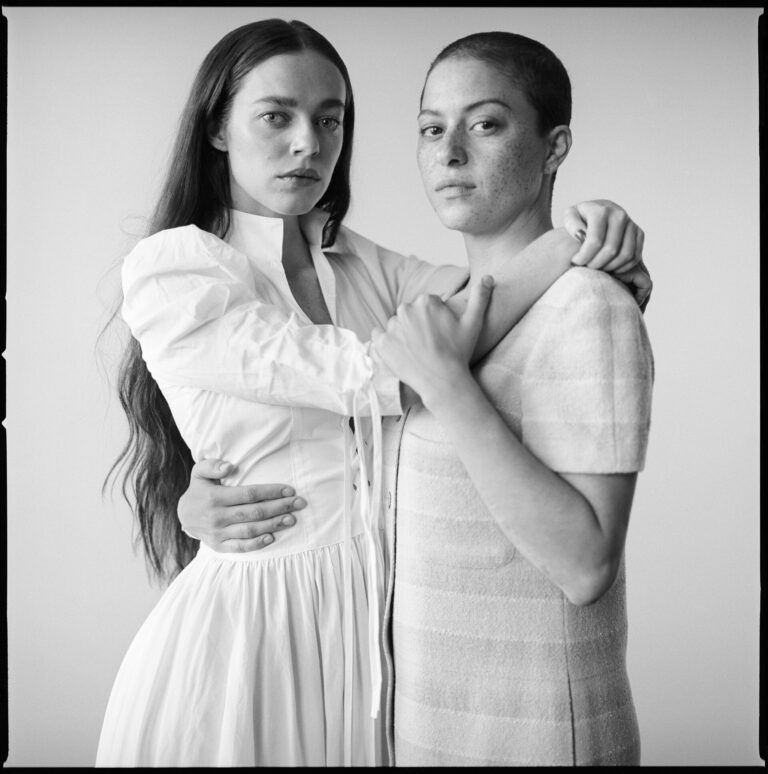
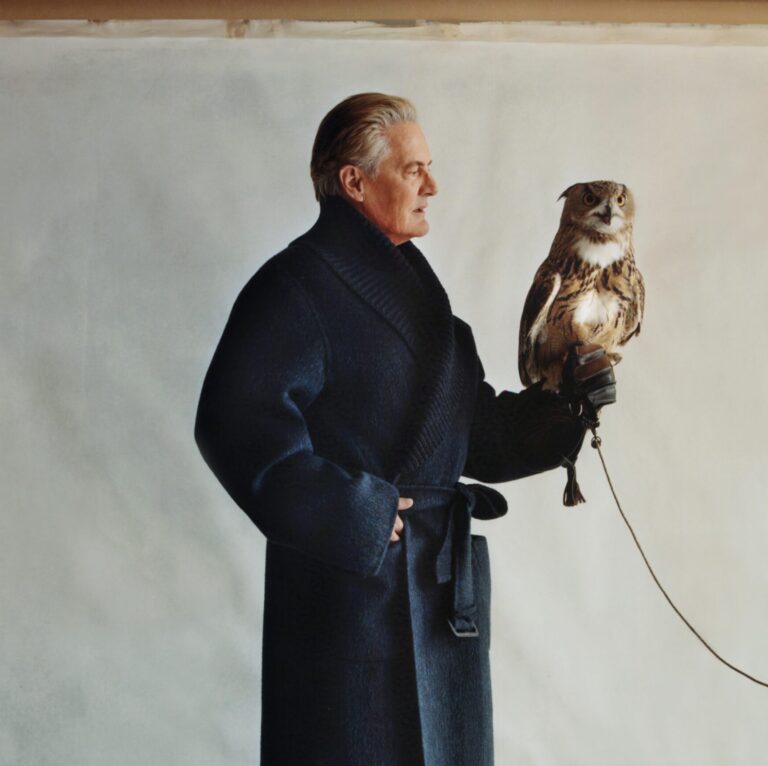
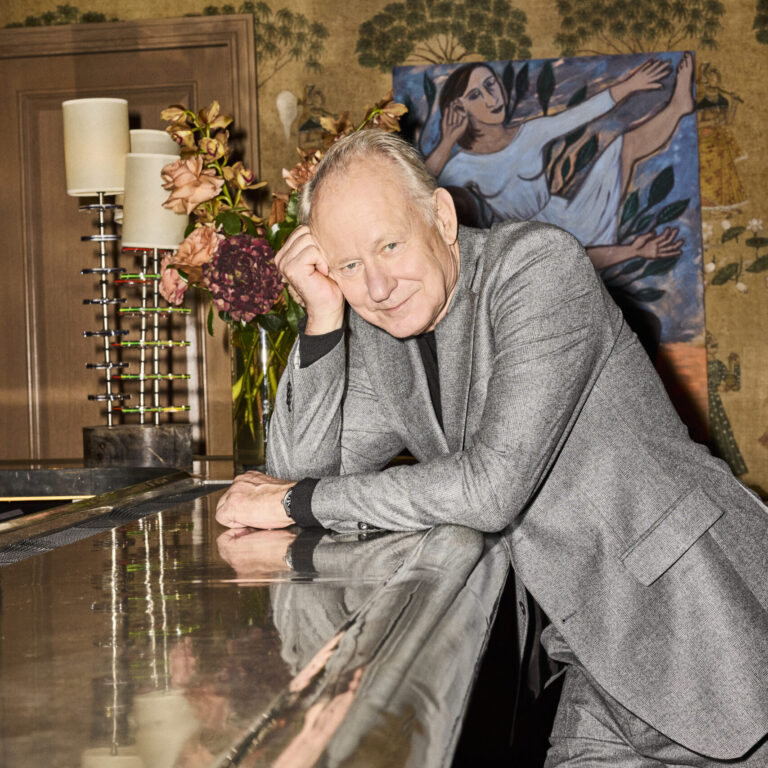
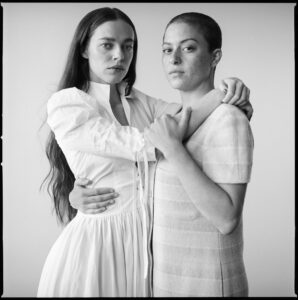
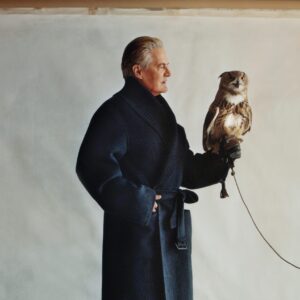
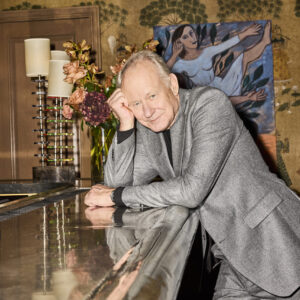



 in your life?
in your life?

